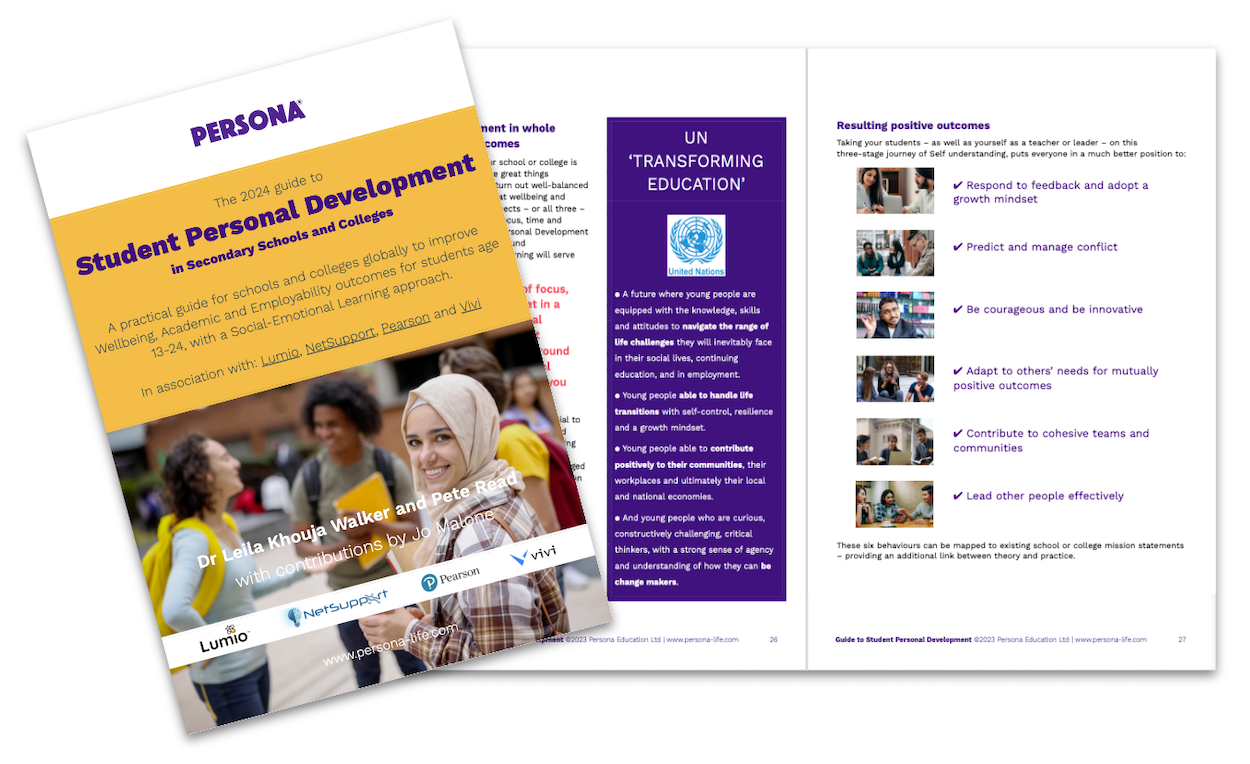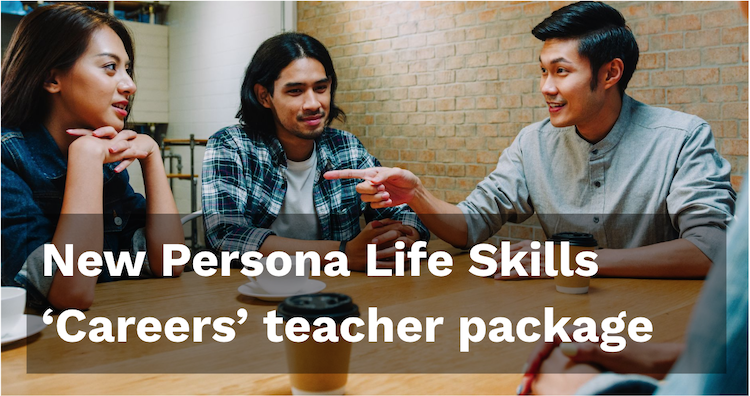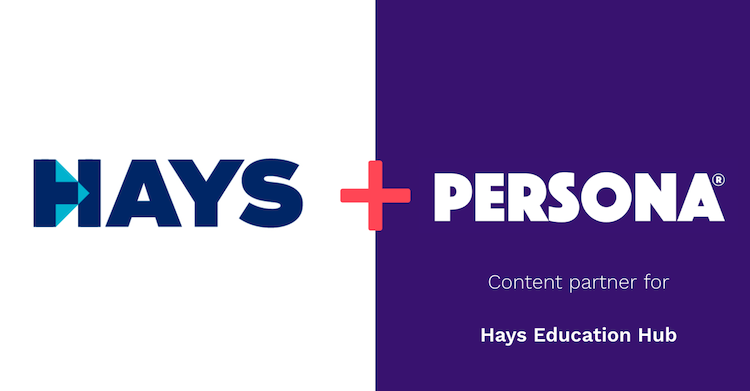School student wellbeing: Four things we learned at the Schools & Academies Show
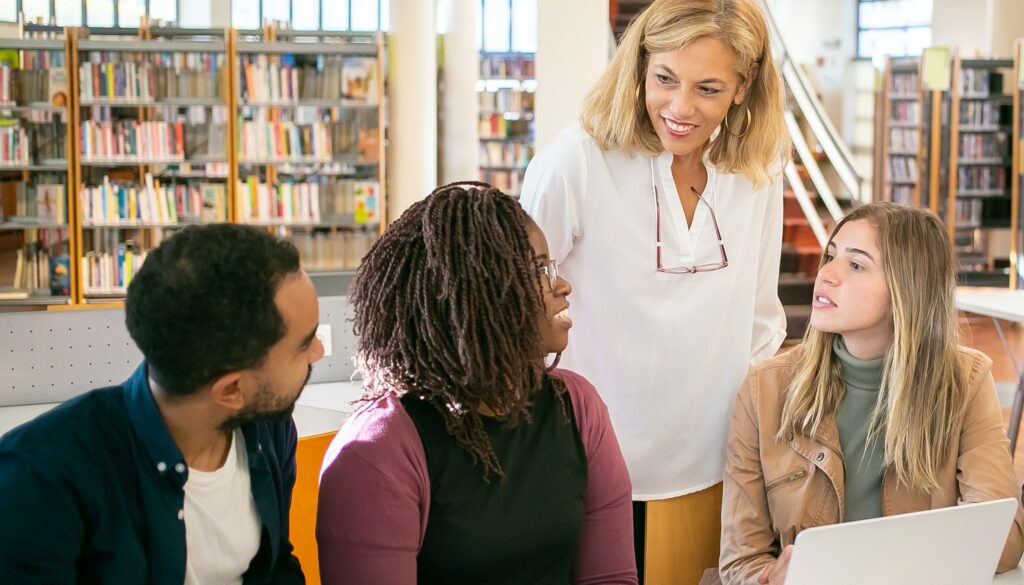
There are many passionate people working in the school student wellbeing space, putting children first and not shying away from the more complex social and emotional challenges of teaching.
5-May-21
By Jo Malone, Director of Education
Last Wednesday I was privileged to facilitate a breakout discussion between a diverse group of UK educators on the topic of school student wellbeing, as a part of the Schools and Academies Show networking events. In the group were primary and secondary teachers, school governors and trustees, school and local authority leaders, industry experts and mental health specialists.
There was so much to cover! The half hour slot was not long enough, so most of us stayed in the session for an extra 25 minutes sharing and unpacking our collective observations and ideas. Here are four top takeaways that we, at Persona Education, learned…
1. We need to listen to the kids
The folks from Adapt – the study planner app – have done some interesting research into student perspectives on wellbeing, which concluded with a lot of young people feeling that “they are having a lot of stuff done to them”. This begs the question, how meaningful, in addition to well-meant, are these interventions?
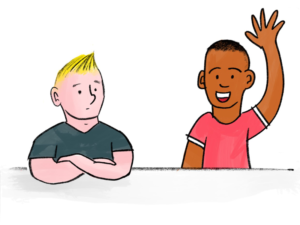
The pandemic has been massively disempowering for so many of us, young people especially. Surely now is time to be giving young people more agency, not further restricting it. These findings are not dissimilar to those found in ImpactEd’s Lessons from Lockdown report.
The good news is that there are plenty of people interested in undertaking what look like authentic listening exercises with young people. Dame Rachel de Souza, the Children’s Commissioner for England, was in my home town of Bolton last week kicking off the Big Ask, the biggest ever consultation with children. Again keeping it local, The Gregson Family Foundation working with Greater Manchester Combined Authority, universities in the city and the Anna Freud Centre are conducting a similar listening exercise to find out the school student wellbeing needs in the region.
So on this one, it looks like we are heading in the right direction.
2. Student wellbeing data issues
Not totally unrelated to Lesson 1 above, we need reliable data to be able to diagnose effectively and then prescribe and prognose. It’s not that we don’t have data; we possibly have too much. The issue is around standardisation of tools and measurements.
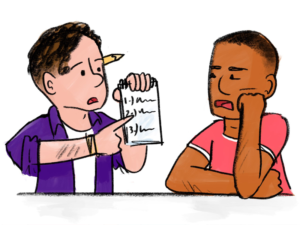
Fun fact: there are over 200 tools for measuring school student wellbeing that are currently in use across the country (courtesy of a presentation by David Gregson I saw recently). 200! We need to prioritise – we know there is not time enough in the day to cover all the wellbeing needs of our young people. To help us to understand priorities, we need solid, reliable evidence, which includes young people’s voices.
The good news, for the UK at least, is that the Gregson Family Foundation’s Greater Manchester pilot is designed to be a wellbeing measurement tool that can and will be rolled out across the country.
A national wellbeing strategy underpinned by reliable evidence, adequate funding and training – that is the dream!
3. Relationships really matter
At Persona Education we have written about this a couple of times in the past year. It is a drum we will keep on banging. It was good and bad – and by that I mean affirming and depressing – to hear testimonies from the Schools and Academies Show discussion around the pandemic and its impact on relationships in schools.
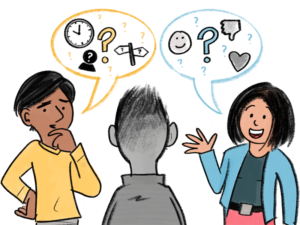
For the adults, relationships seem to have been strengthened as the government, governing bodies, and school leadership prioritise staff wellbeing (and absolutely as they should!). But for the children it’s a different story. Some of the younger ones have forgotten friendship skills, and across the key stages there are issues with handling conflicts, bullying, and behaviour for learning.
The teachers have their own theories as to the causes: pupils in bubbles fed up seeing the same faces day in, day out; children who have had little or no interaction with peers of the same age; pupils being overwhelmed at being back in groups of 20-plus; lack of independence, having had a free rein at home, struggling with classroom and whole school codes and procedures.
The good news is a lot of teachers, especially our primary colleagues, have tools at hand to deal with these relationship issues. Participants shared accounts of PSHE circle time being used effectively, and of lessons being re-taught on the topic of relationships, friendships, being kind and conflict resolution.
Teachers know that an investment in activities to rebuild relationships is time well spent: a sensible and proactive approach to dealing with these issues.
4. Bottlenecks herald a mental health crisis
The most disturbing parts of the session came when mental health leads from schools, colleges and other parts of the sector spoke up. Their experiences exposed huge cracks in the wider mental health infrastructure for young people. One contributor shared that there is a 2-3 year waiting list for CAMHS referrals in her area. There were plenty of similar stories.
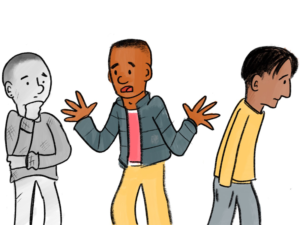
How can this be? How can we be failing our young people so badly? And we know this is not just isolated anecdotal evidence from this one session. Research by UCL and the Anna Freud Centre from the first lockdown gave a stark warning about the impact of lockdown on young people’s mental health. The Young Minds Report confirmed that many young people were struggling with mental health due to loneliness and isolation, loss of motivation and purpose, anxiety and negative coping mechanisms.
The good news is that the government has pledged £79 million for expanded access to mental health provision. Let’s hope we see our most vulnerable young people being able to access the services they need much faster than they are able to currently!
We know that happy learners are better learners. There is plenty of emerging evidence that shows the interrelated nature of good mental health and academic achievement. But really, access to mental health services for our most vulnerable falls under our most basic duty of care.
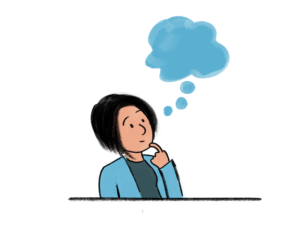
...I’m a social-emotional learning (SEL) educator, so let’s end with a reflection on feelings. How do I feel about what we learned?
The scale of the challenge is enormous. And I’m not sure we really know the half of it yet. We are really at the beginning stage of understanding the impact of the past year on our children, inside and outside of school. So I’m anxious.
However, there are so many passionate people working in this space, always putting children first, being creative in their approaches, and not shying away from the more complex social and emotional challenges of teaching. So I’m also uplifted.
Persona Education offers free access to its Persona Life Skills e-learning platform for secondary schools and colleges interested in developing their pupils’ social & emotional life skills, to boost wellbeing and employability.
About the author: Jo Malone is a global education expert, with over two decades experience in teaching, e-learning, dialogic education and teacher training. A social and emotional learning (SEL) and PSHE thought-leader, she is Director of Education at the Bristol based edtech company Persona Education Ltd, providing onboarding, guidance and support for schools and colleges using the Persona Life Skills personality insights life skills e-learning app. www.persona-life.com


